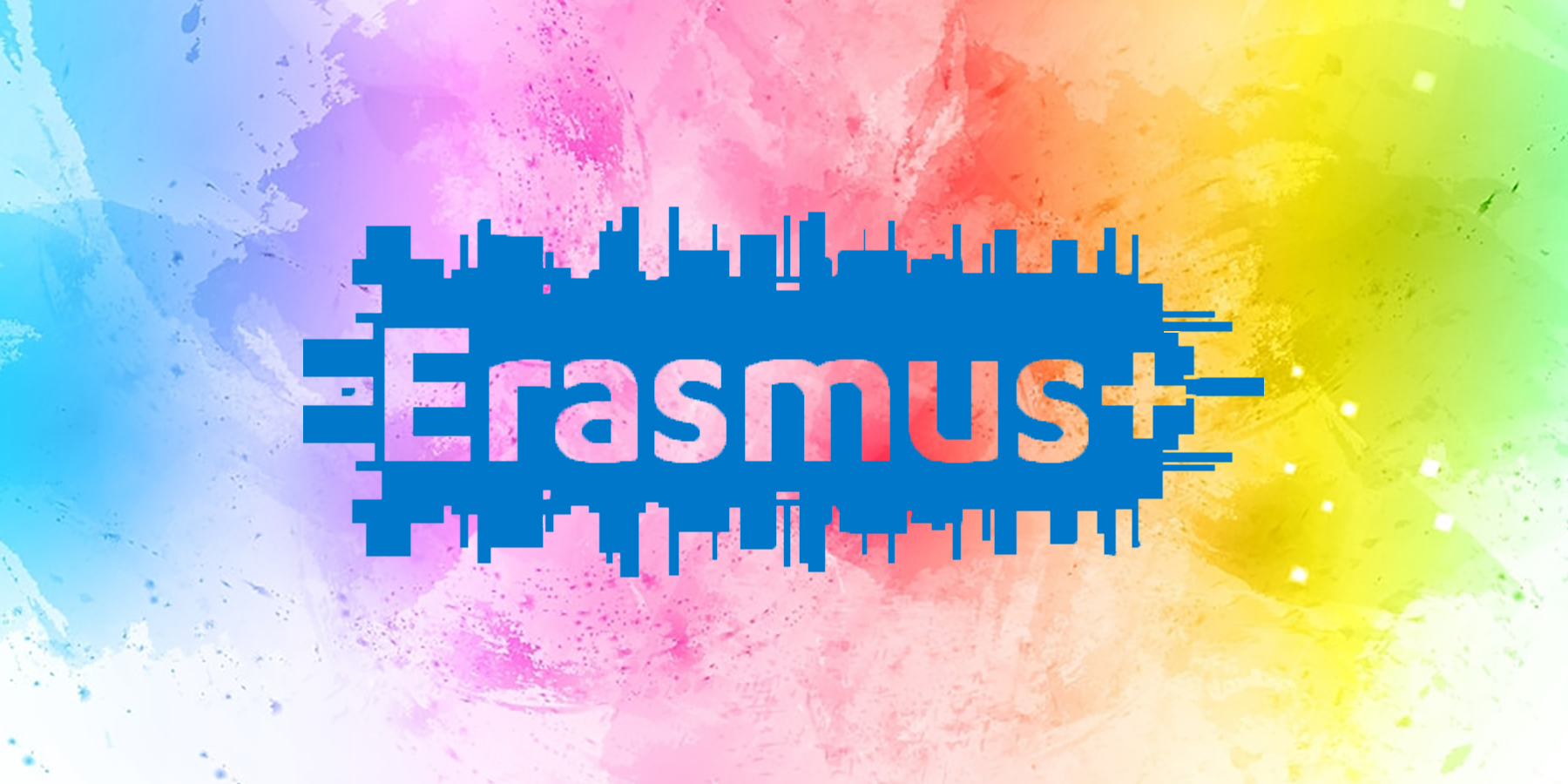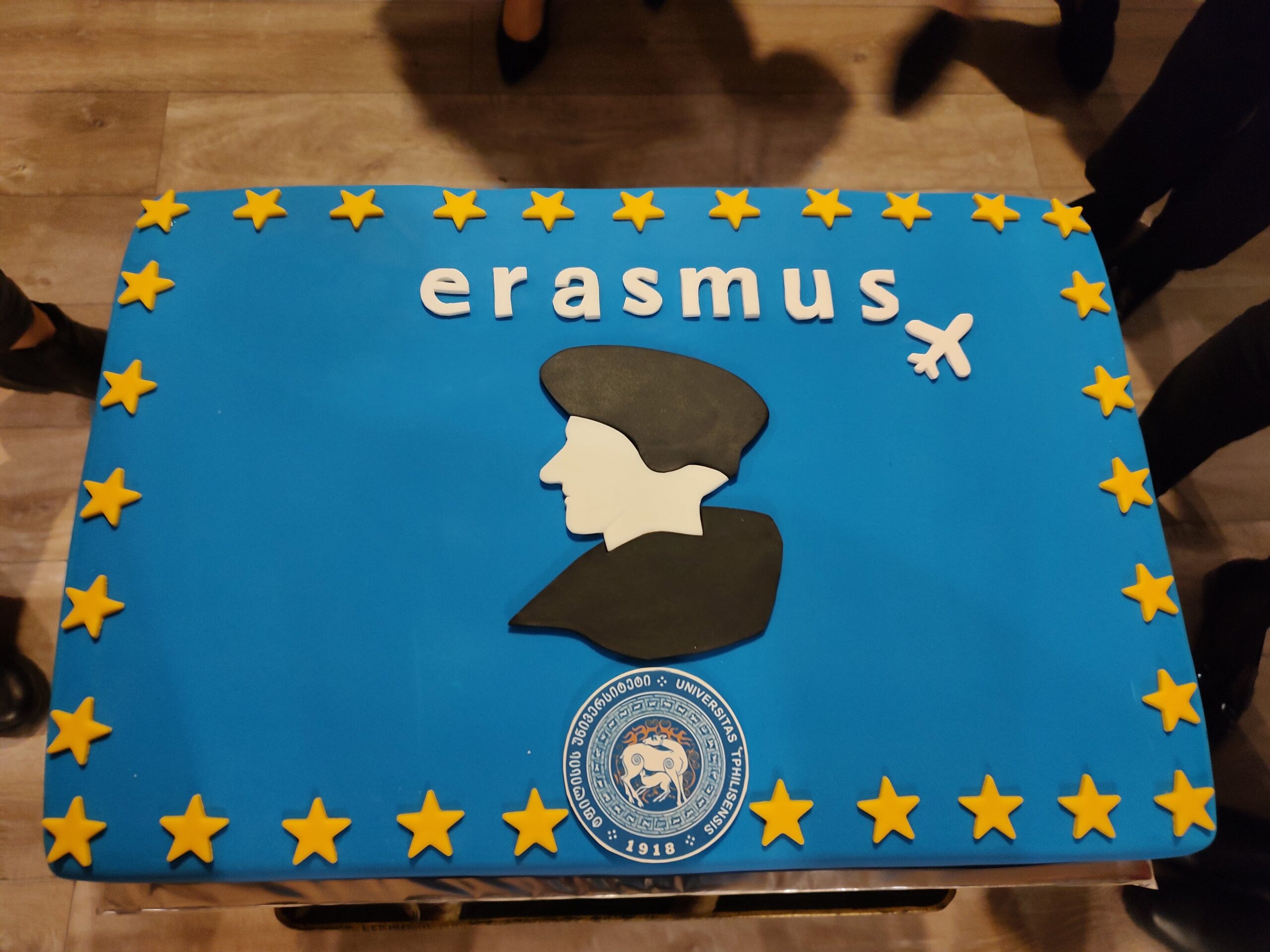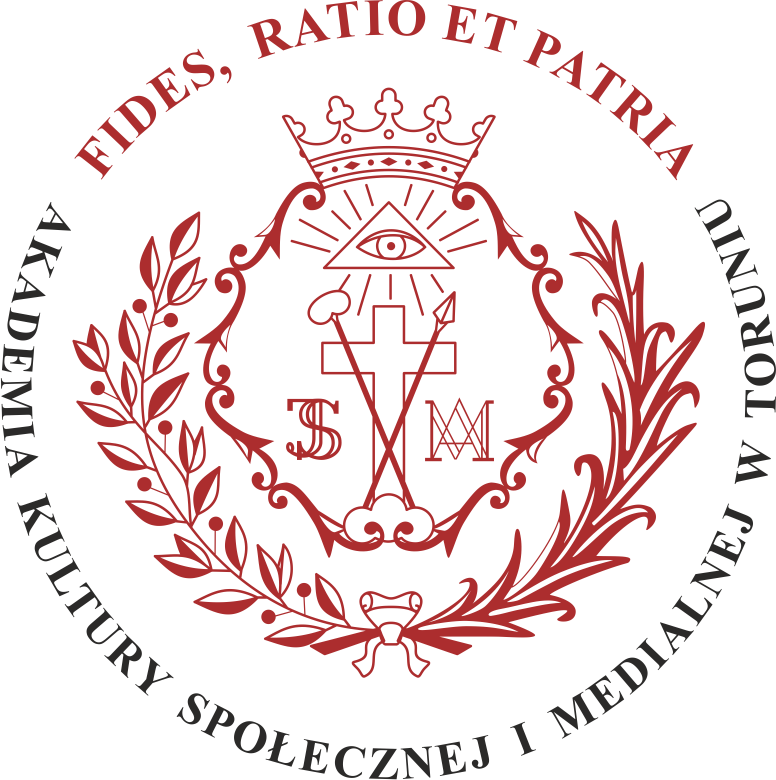#erasmus #mobility #skills #students
A few days ago, a special event took place in Poland, which was the official inauguration of the new perspective of the Erasmus+ program for 2021-2027.
This year’s National Information Day of the Erasmus+ program was entirely online. Participants were sitting in front of computers, but they could still wander between information points or visit “rooms” with experts. Of course, virtually. In this way, they got to know the latest offer of the Polish National Agency of the Erasmus + Program, concerning the Erasmus + program and the European Solidarity Corps.
Erasmus+ is a program of the European Union supporting educational exchange.
Erasmus + is the European Union program in the field of education, training, youth and sport – it is a continuation of the European educational programs implemented since 1998. The aim of the Erasmus + program is to support pupils, students, teachers, lecturers and volunteers in conducting international projects aimed at increasing their competences. To participate in the program are therefore also eligible institutions and public and private organizations to support formal education and non-formal learning and informal people of all ages.
The budget for the program for the period 2021-2027 is EUR 26.2 billion. With the new financial perspective, Erasmus + has been broadened to become more innovative and inclusive as well as more digital.
It will also be of key importance for the creation of the European Education Area planned by 2025, thanks to which the European Union intends to ensure that all young people have access to education and training of the highest quality, enable learners to move easily between education systems in different countries and give them the opportunity to find work across Europe.
However, the announcement of the new perspective made many universities wonder to what extent the program itself is exposed to external factors. There was a lot of discussion about the threats.
On the one hand, there were opinions to what extent the pandemic causes many reluctance to travel. The essence of the program is mobility. The current coronavirus epidemic causes departures to be suspended. Hence the questions as to whether the European Commission could positively evaluate online mobility.
On the other hand, numerous problems arise when it comes to implementing the EWP project: Erasmus Without Paper. Numerous technical issues mean that some universities will not be ready from June 2021. EWP include the electronic OLA (Online Learning Agreement) or the need to belong to eduGain by one of the federations. Some are concerned about the high cost of change. Some are concerned about the high cost of change.
What are your impressions of the new Erasmus + perspective?
We are waiting for your opinions.










As the 2021-2027 cross-cutting priorities are sustainability, inclusion, and digitalization, we think that the new Program is very in line with present needs. Of course, arranging blended or fully digital mobilities is going to be more challenging than ‘classical’ mobilities for learners or traineeships. However, this experience is going to shape the way in which we work and organize our teaching and learning activities. In this vein, the new Erasmus+ perspective is in line with the times and it tackles this issue of limited mobility in a modern and thought-provoking fashion. Thank you Krystian for sharing this with us!
Totally agree with Isabella.
Indeed, the Erasmus + program is about “mobility”. Nevertheless, before the COVID crisis, there were students who could not do Erasmus + for various reasons (problems such as lack of financial resources, family, diseases, etc.). Thus, this new perspective is, perhaps, an opportunity for them.
… [Trackback]
[…] Here you can find 32436 additional Info on that Topic: ripec-project.eu/discussion/polish-information-day-of-the-erasmus-program-opportunities-and-threats/ […]
… [Trackback]
[…] There you can find 48649 additional Information on that Topic: ripec-project.eu/discussion/polish-information-day-of-the-erasmus-program-opportunities-and-threats/ […]
… [Trackback]
[…] Info to that Topic: ripec-project.eu/discussion/polish-information-day-of-the-erasmus-program-opportunities-and-threats/ […]
… [Trackback]
[…] Here you can find 46102 more Info to that Topic: ripec-project.eu/discussion/polish-information-day-of-the-erasmus-program-opportunities-and-threats/ […]
… [Trackback]
[…] Read More on that Topic: ripec-project.eu/discussion/polish-information-day-of-the-erasmus-program-opportunities-and-threats/ […]
… [Trackback]
[…] Read More here to that Topic: ripec-project.eu/discussion/polish-information-day-of-the-erasmus-program-opportunities-and-threats/ […]
… [Trackback]
[…] Read More Info here on that Topic: ripec-project.eu/discussion/polish-information-day-of-the-erasmus-program-opportunities-and-threats/ […]
… [Trackback]
[…] Info to that Topic: ripec-project.eu/discussion/polish-information-day-of-the-erasmus-program-opportunities-and-threats/ […]
… [Trackback]
[…] Read More here to that Topic: ripec-project.eu/discussion/polish-information-day-of-the-erasmus-program-opportunities-and-threats/ […]